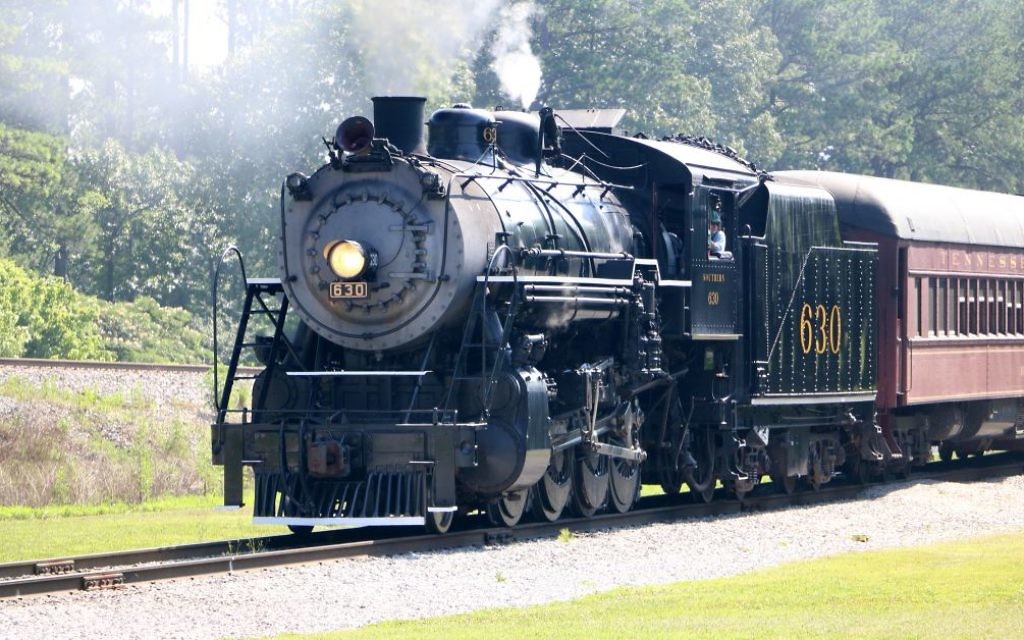Civil War Links Jews, Chattanooga
The city's Jewish life is about as old as Atlanta's, but a smaller town means a much smaller Jewish community.

Chattanooga is not a very Jewish city, with a community of about 1,500 in a population of 173,000. Jews first settled there just before the Civil War. The first congregation was organized in 1866, and land was soon secured for a Jewish cemetery.
Today, there are two congregations and a Jewish Federation.
Two of the city’s most prominent Jews were Adolph Ochs and George W. Ochs, the former as editor of the Chattanooga Times, the latter as mayor and president of the Chamber of Commerce, the Board of Education and the Library Association. They became publishers of The New York Times and the Philadelphia Public Ledger.
Get The AJT Newsletter by email and never miss our top stories Free Sign Up
If Chattanooga’s role in the Civil War draws you up Interstate 75, however, there is much Jewish history to consider.
The Civil War divided American Jews in the 19th century as much as any Americans.
It is a safe generalization that almost all Southern Jews supported the Confederacy and most Northern Jews sided with the Union. Their views on slavery followed a similar path, and a slavery debate among Jewish intellectuals raged during the conflict.
Jews fought on both sides of the war, and many died in the process. An estimate by early 20th century Congressman Simon Wolf was that Jews in the Union forces numbered about 8,400 and in the Confederate forces about 10,000.
While other estimates differ, it is safe to say Jews were represented on the armed forces of both sides in numbers greater than their 0.5 percent of the general population.
There were nine Jewish generals in the North and several in the South, according to Norman Finkelstein. Confederate President Jefferson Davis appointed Judah P. Benjamin to be the first attorney general of the Confederacy on Feb. 25, 1861, and Benjamin also served as war secretary and secretary of state. Six Jewish soldiers in the Union Army received the coveted Medal of Honor for their bravery.
When the war ended, Jewish soldiers returned to their homes to rebuild their country and their lives.
In a controversial move in December 1862, Gen. Ulysses S. Grant ordered every Jew in his military district, covering Kentucky, Tennessee and Mississippi, to leave within 24 hours. President Abraham Lincoln revoked the order, and when he was president, Grant admitted that it was a mistake. He appointed more Jews to public office than any previous president.



comments